Covid Reminded Us Not To Become Complacent In Our Mission Against Poverty
For most of Upaya’s existence, our momentum has mirrored a consistent trend of reducing extreme poverty in the world. When we were founded, the World Bank estimates that just under 1 billion people globally lived on $1.90 a day or less. By 2015 that number had dropped to a remarkable 744 million. By 2017, the last year for which we have reliable data, the number was down to 697 million. It could be easy to become complacent as we swam along in such global tides.
And then 2020 arrived. And now, 2021. The just-released 2021 Goalkeepers Report from Bill and Melinda Gates Foundation states that 31 million people have been pushed into extreme poverty in the past 18 months. The disproportionate impact of this crisis has been cruel, but not surprising. Those with the most have been best able to insulate themselves. Those with the least have been left exposed to not only dire health consequences, but serious economic instability.
In our own portfolio, we are seeing this play out in microcosm.
We rejoiced last summer as our portfolio companies not only held on, but they found ways to continue funding their employees even as their revenues had abruptly ended. Sometimes they could only provide grocery credit or in-kind assistance, but they reacted to the crisis by sharing what they had. In our survey done in the summer of 2020, we were inspired by the fact that most of those surveyed had continued to earn at least some money through our partners during the lockdown. We were alarmed, though, to read that most respondents had used up any savings that they had.
We just released the results of another survey done this summer following the second wave of Covid in India. The results held some surprises. Respondents did not report widespread illness, and health risks were not a top concern; economic challenges were.
Again, many respondents talked about the support provided by their employers as critical to their ability to withstand the crisis. However, as we move from acute crisis to lingering economic disruption, lasting damage is inevitable. Nearly every respondent expressed concern about their own financial situation. Particularly concerning is how many people describe going into debt to survive. Indebtedness can strangle any hope of moving a family out of poverty by sucking up the resources that could otherwise send a child to school, purchase family assets, or help to build the savings that are necessary to withstand inevitable shocks.
It is easy to think about Upaya in terms of what we do. We invest in companies; we support entrepreneurs; we run an accelerator. That is not who we are. We are a group of people at an organization whose only goal is to lift families out of extreme poverty. We take these actions because we have found them to be a scalable and sustainable way to work the problem.
As we look toward 2022 and our collective recovery, there will certainly be more headwinds than we have experienced in the past. This work has never been easy, but it has always been gratifying and inspiring. The past two years have reminded us that success may not be inevitable—in fact, it never was.
ABOUT UPAYA SOCIAL VENTURES:
Upaya Social Ventures is building a dignified economy by providing investment and support to early-stage businesses creating sustainable livelihoods for people living in the most extreme poverty.
Upaya’s award-winning impact-first model seeks out and supports oft-overlooked companies creating work that is safe, stable, inclusive, and rewarding—generating a transformative impact on families, communities, and economies.
Since its founding in 2011, Upaya’s portfolio companies have created over 44,000 dignified jobs across India. Please visit upayasv.org for more information.
MEDIA CONTACT:
Madlin D’silva
mdsilva@upayasv.org
